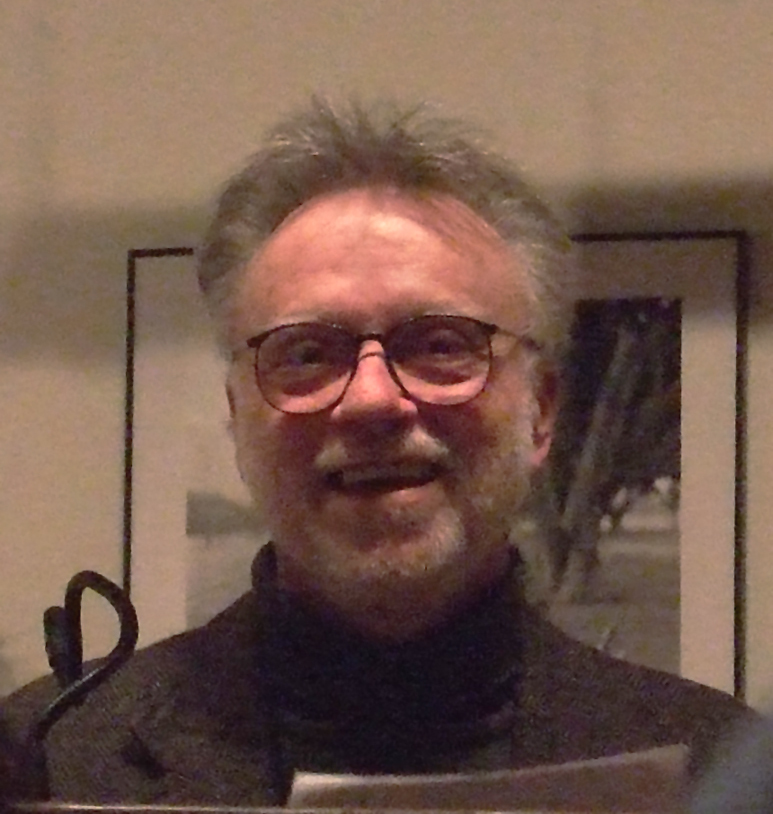 author
authorJames Agee
James Rufus Agee was an American novelist, journalist, poet, screenwriter, and film critic. In the 1940s, writing for Time Magazine, he was one of the most influential film critics in the United States. His autobiographical novel, A Death in the Family (1957), won the author a posthumous 1958 Pulitzer Prize. Agee is also known as a co-writer of the book Let Us Now Praise Famous Men and as the screenwriter of the film classics The African Queen and The Night of the Hunter.
Agee was born in Knoxville, Tennessee, to Hugh James Agee and Laura Whitman Tyler, at Highland Avenue and 15th Street, which was renamed James Agee Street, in what is now the Fort Sanders neighborhood. When Agee was six, his father was killed in an automobile accident. From the age of seven, Agee and his younger sister, Emma, were educated in several boarding schools. The most prominent of these was located near his mother's summer cottage two miles from Sewanee, Tennessee.
Saint Andrews School for Mountain Boys was run by the monastic Order of the Holy Cross, affiliated with the Episcopal Church. There, Agee's lifelong friendship with Episcopal priest Father James Harold Flye, a history teacher at St. Andrew's, and his wife Grace Eleanor Houghton began in 1919. As Agee's close friend and mentor, Flye corresponded with him on literary and other topics throughout life and became a confidant of Agee's soul-wrestling. He published the letters after Agee's death.
The New York Times Book Review pronounced The Letters of James Agee to Father Flye (1962 ) as "comparable in importance to Fitzgerald's 'The Crackup' and Thomas Wolfe's letters as a self-portrait of the artist in the modern American scene." Agee's mother married St. Andrew's bursar Father Erskine Wright in 1924, and the two moved to Rockland, Maine. Agee went to Knoxville High School for the 1924–1925 school year, then traveled with Father Flye to Europe in the summer when Agee was sixteen.
On their return, Agee transferred to a boarding school in New Hampshire, entering the class of 1928 at Phillips Exeter Academy. Soon after, he began a correspondence with Dwight Macdonald. At Phillips Exeter, Agee was president of The Lantern Club and editor of the Monthly, where his first short stories, plays, poetry, and articles were published. Despite barely passing many of his high school courses, Agee was admitted to Harvard College's class of 1932, where he lived in Thayer Hall and Eliot House.
At Harvard, Agee took classes taught by Robert Hillyer and I. A. Richards; his classmate in those was the future poet and critic Robert Fitzgerald, with whom he would eventually work at Time. Agee was editor-in-chief of the Harvard Advocate and delivered the class ode at his commencement.
Best author’s book




















